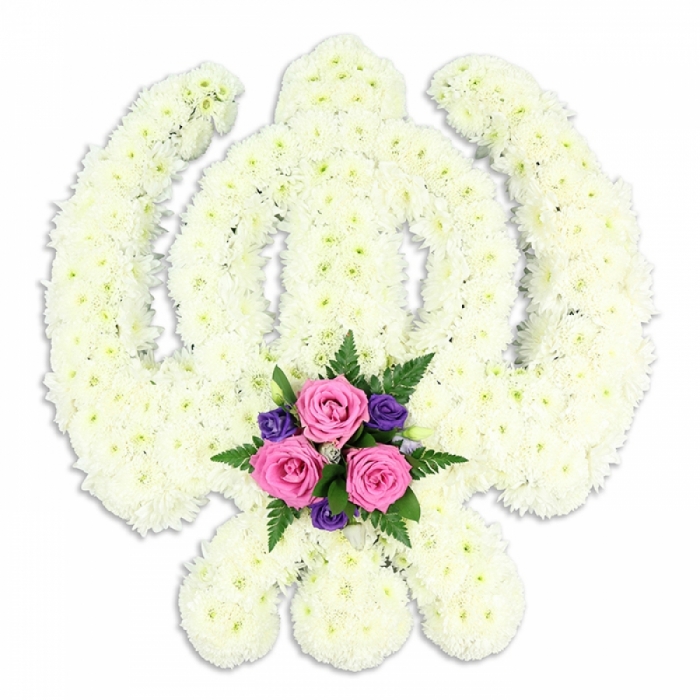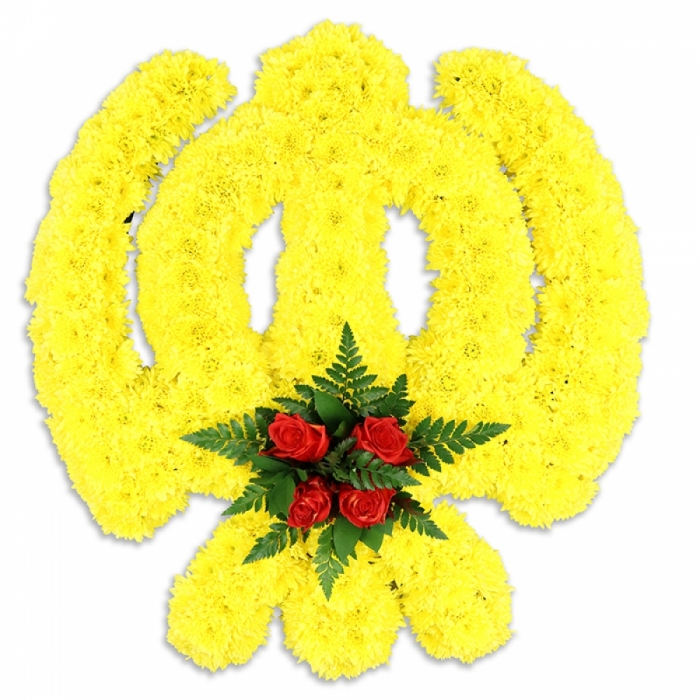
 The loss of a loved one is always experienced in different ways by each person mourning. However, in many cultures, there are rituals, customs, and beliefs which offer guidance and support during this difficult time.
The loss of a loved one is always experienced in different ways by each person mourning. However, in many cultures, there are rituals, customs, and beliefs which offer guidance and support during this difficult time.
In the Sikh religion, there are scriptures and customs that clearly explore the dos and don’ts of preparing for and conducting yourself during a Sikh funeral. These cover the process from the very start of the mourning experience, right through to the appropriate conduct and rites to conduct during the funeral. If you are attending a Sikh funeral it is helpful to understand these customs, to help you decide how to behave and how to handle sensitive issues such as funeral flowers, and dress.
The way an individual experiences grief will differ from person to person and it is natural for those close to the deceased to experience strong emotions and feelings of loss.
Do:
● Provide comfort and support to those mourning around you
● Grieve in private
● Encourage and engage in grief counselling where appropriate
Don’t
● Engage in public outbursts of crying or wailing
● Make displays of public and extended mourning
● Try to prevent emotions coming to the surface
 Conduct When Offering Assistance to Others
Conduct When Offering Assistance to OthersSupporting those around you is a core part of Sikh culture and is especially applicable during a period of mourning. However, it is also important to respect an individual’s right to grieve in a way that is most appropriate for them.
Do:
● Be prepared to offer help and practical support to the deceased’s family when it comes to funeral preparation and planning
● Provide care and support to the elderly and the young, who may not understand what is happening around them.
● Offer help dealing with any errands, phone calls or chores that need to be done during the mourning period.
● Offer Khanda tribute
● Take bibek vegetarian langar to the home at least a day before the funeral, and help with preparations for langar and prashad after Gurdwara services.
Don’t
● Assume you are welcome to visit the bereaved family - be careful not to intrude or overstay your welcome while the family mourn
● Make, offer or serve any dishes that contain alcohol, meat or fish
● Use tobacco products of any kind if you are preparing dishes for funeral services, or when visiting the family of the deceased. And don’t use it while attending the funeral either.
As with all funerals, it is important to show your respect for the deceased and their family by conducting yourself in an appropriate manner. This includes knowing whether and when to send funeral flowers to the family and what to wear.
Do
● Be considerate of Sikh customs, rituals, and beliefs, and engage with these as appropriate
● Make sure to cover your hair, especially if long
● Dress in modest, respectful clothing
● Choose clothes in neutral, single colours - ideally white or black
● Remember to remove your shoes when entering a Sikh home
Don’t
● Wear clothes that are overly revealing, flashy or immodest
● Speak during the recital of prayers or while kirtan is sung
● Use tobacco, drugs or alcohol while mourning or when visiting the bereaved family
 An important aspect of any funeral rite is how to honour the deceased, as well as showing respect to the bereaved family. In the Sikh culture, this can include the Khanda Sikh tribute and other funeral tributes.
An important aspect of any funeral rite is how to honour the deceased, as well as showing respect to the bereaved family. In the Sikh culture, this can include the Khanda Sikh tribute and other funeral tributes.
Do:
● Send funeral flowers and ensure these are an appropriate Sikh tribute and in line with local customs
● Offer your condolences to the bereaved family and where appropriate arrange a flower delivery to express your sympathy
● Be open to sharing memories of the deceased, including stories, anecdotes, and photographs
● Offer assistance with funeral planning and arrangements on the day
● Offer charitable contributions - some families would prefer this to funeral flowers
● Place blossoms around the body of the deceased
Don’t
● Discuss the circumstances of the death or speculate on why bad things must happen
● Avoid speaking with the family about the deceased
● Make superstitious comments
● Impose any of your own religious beliefs upon the family